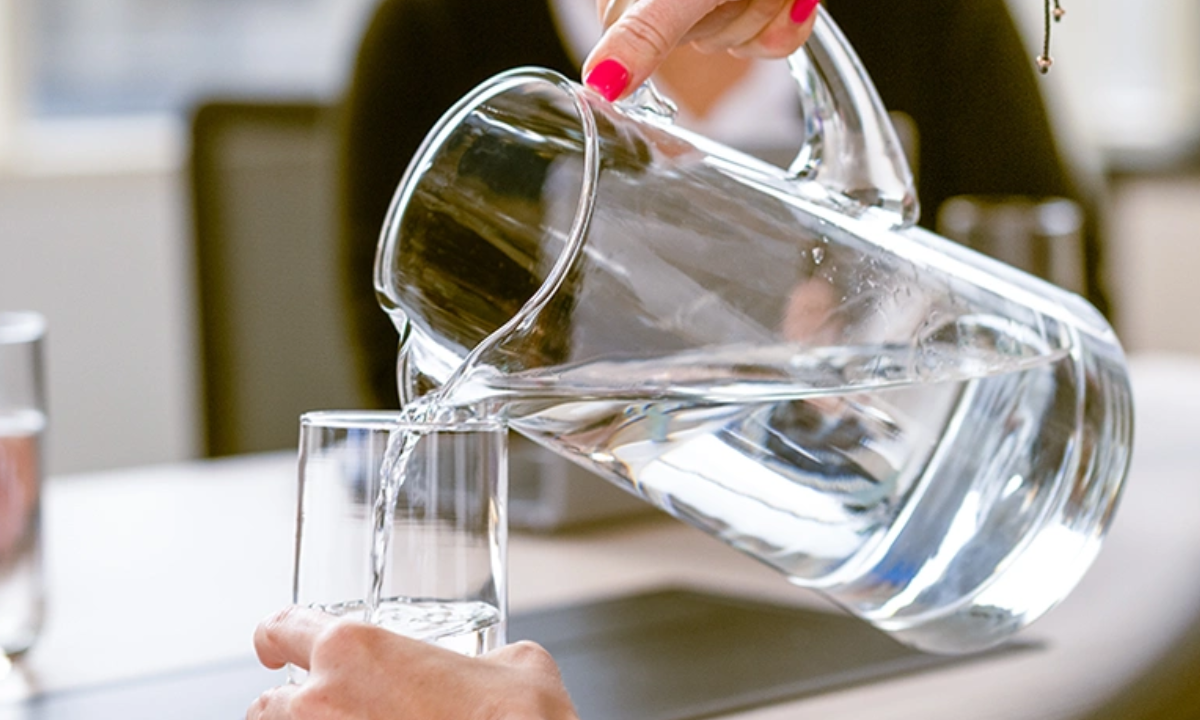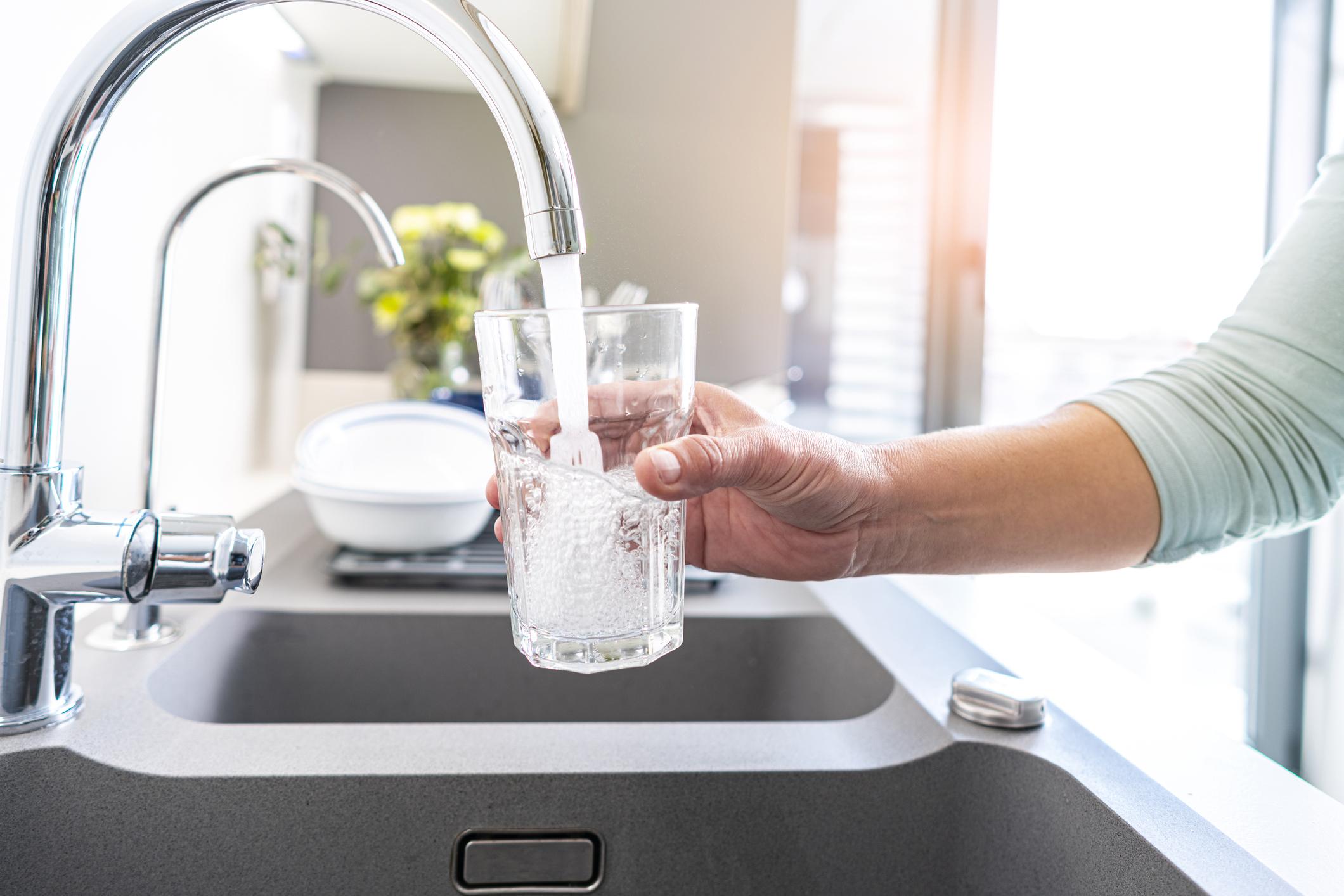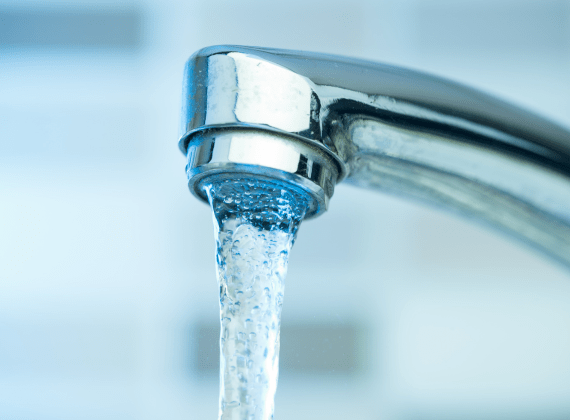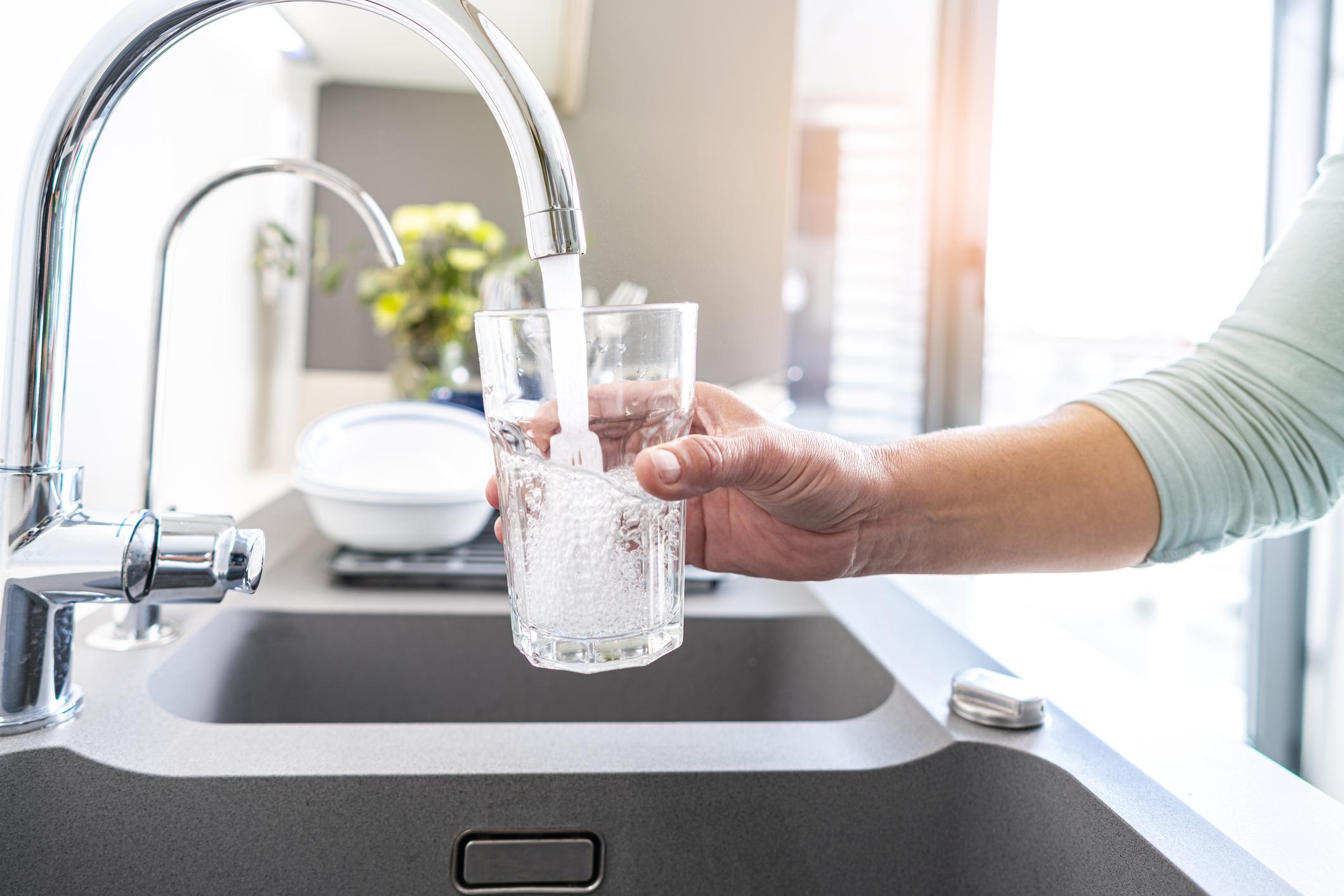

You may have heard of hard water and soft water, but do you know the difference? These terms get thrown around without much explanation, but the experts at Harvey Water Softeners are here to mop up any confusion.
In this guide, we compare the key differences of soft water vs hard water and explain how you can get soft water at home. Ready to become a water expert? Keep reading to find out more.
Understanding soft water and hard water
Water. We use it everyday in multiple ways, but how often do we think about our water supply itself?
All water contains minerals, with the amount of minerals determining whether your supply is hard water or soft water. Whichever type you have can impact your daily life, so it’s worth checking what water type your home has.
What’s the difference between hard water and soft water?
Hard water has a higher mineral content than soft water, with increased levels of calcium and magnesium. These minerals aren’t harmful to our health, but high levels in water can potentially cause dry hair and irritate skin.
Water hardness is measured by minerals in ppm (parts per million), with water being classified as ‘hard’ if it has 100ppm or higher. Hard water can be artificially softened by water softening systems. So, if you’re unhappy with your hard water supply, there’s no need to endure the frustrating effects!
What causes soft and hard water?
So, why do some areas experience higher water hardness than others? Whether you’re supplied with hard or soft water at home depends on the water hardness in your area.
Areas with more naturally occurring minerals in the ground experience harder water. This is due to the water dissolving magnesium and calcium as it runs through rocks in the ground and picking up the minerals along the way. The hardness and minerals are retained in reservoirs, which continue into your home’s water supply.
Soft water contains lower levels of these minerals as the water passes through different rock types. In the UK, you’ll find some of the hardest water in the southeast, London, Doncaster, York, and Hull.
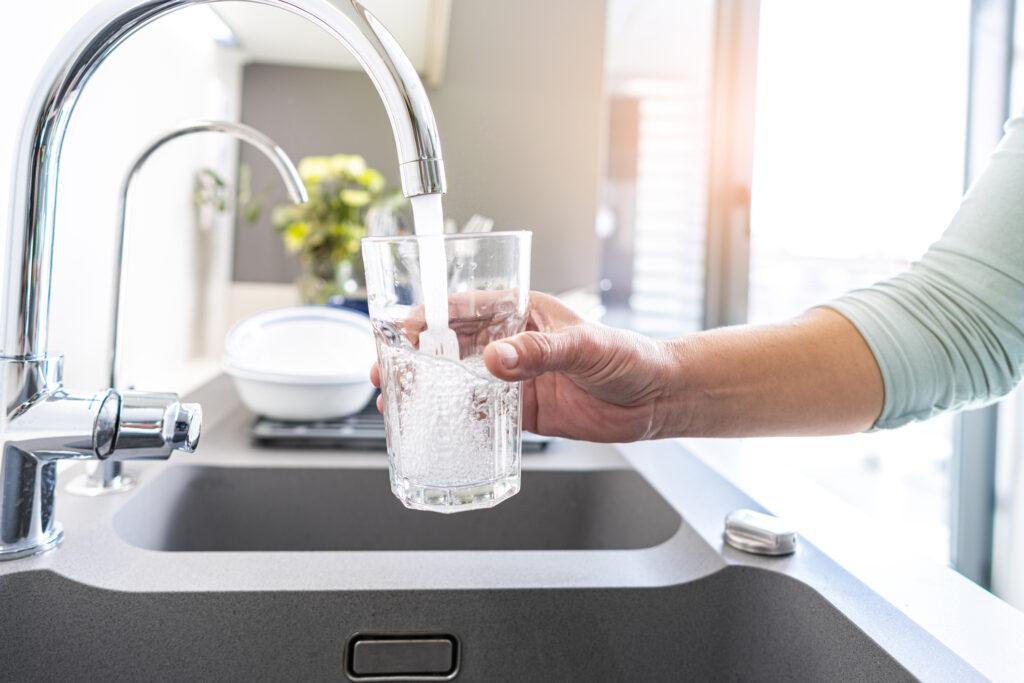
Pros and cons of hard water
Many people opt to soften their hard water due to some of the issues attached to this water type. On the other hand, some people prefer hard water because of the taste.
Hard water issues
While hard water isn’t harmful to us, there are negative effects that come with it. When you compare a shower that uses soft water to one that uses hard water, you’ll likely see the hard water shower has more limescale on the shower screen, the floor, around the plug, as well as around the shower head itself. This build-up is due to the extra minerals, and can be difficult to clean.
Additionally, some people who frequently wash their hair in hard water might find their hair feels drier while their scalp is slightly itchy. There could also be an impact on skin, including dryness and a weaker skin barrier. Washing with hard water might leave some people with a desire for a new skincare routine – but this will depend on your specific skin type.
Alongside these effects, hard water can also leave you spending more on toiletries and cleaning products, as you need to use more of the product to get an effective lather with hard water. The issues with hard water can be managed, but if these problems start affecting your day-to-day spending or cleaning, it might be time to invest in a water softener.
Hard water benefits
Though hard water can cause some household trouble, there are some benefits to the extra minerals.
When it comes to hard water vs soft water for plants, many gardeners suggest using your hard tap water to water your garden. As some water softeners use sodium chloride (common salt), gardens can be left with a build-up of excess sodium in the soil.
Also, those with sensitive taste might notice a difference between the two water types. Those with sensitive palates may be able to taste the difference of water with or without magnesium and calcium. Many actually prefer this, and you can buy bottled water with minerals added. Having a water softening system doesn’t mean you have to stop drinking hard water. In fact, Harvey Water Softeners can install a regular drinking water tap alongside your softened water supply so you can access hard water for drinking if preferred.
Why change to soft water?
The main reason to consider a water softening product is to remove the negative impacts of hard water — mainly limescale.
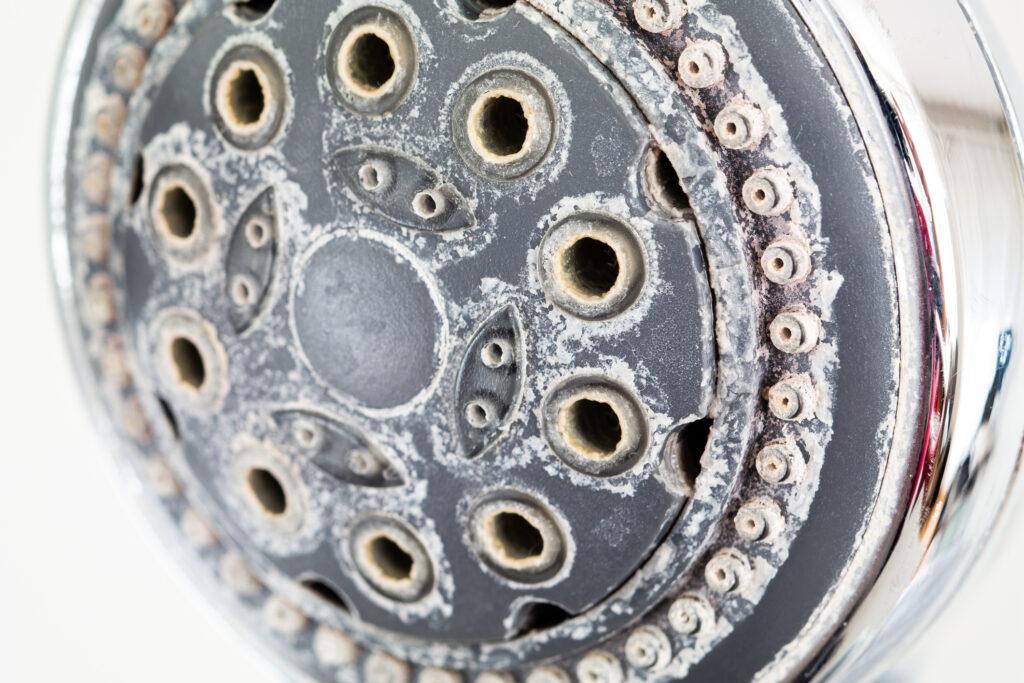
If you’re tired of scrubbing water stains and limescale off your shower or fed up with replacing broken There are several benefits to soft water over hard water, such as:
- Less effort spent scrubbing limescale from your shower, kettle and other appliances
- Fewer water marks means you don’t need to use as many cleaning products
- More lathering power, so you don’t need to use as much shampoo and shower gel
- Softer hair and skin
If you’re tired of scrubbing away limescale off your shower, it might be a sign that you need a water softener. Or, if you’re experiencing hair and skin dryness, it might be time to switch.
The most common water softening products include:
Each product helps you to experience the ultimate water experience at home. Soft water can make your day-to-day life easier. From cheaper bills, and less elbow grease when cleaning your home to bigger bubble baths.Some people worry about whether softened water is safe to drink, but we’re happy to confirm it’s perfectly fine! The taste can be noticeably different, with many preferring the taste of one over the other, so we’d always recommend fitting a hard water drinking tap to give you the choice of either.
What is my water type?
Knowing what type of water you have is the first step to solving any water-related issues. But, how do you know what water type you have?
The tell-tale signs of hard water include limescale on appliances and taps, water stains on glassware, hair and skin dryness, and appliances that don’t last long.
You can use our water hardness checker to check whether you have hard or soft water in your home. If you have more than 100ppm in your water, you could benefit from softer water.
Which water type should I have?
How sure are you that your water supply is benefitting you and your home? Is it time to switch it up?
Soft water vs hard water is a common debate, and ultimately whichever is best for you comes down to personal preference. However, hard water at home can cause annoyances at best, and issues at worst . If you’re ready to kiss limescale and dull surfaces goodbye, request a quote for Harvey Water Softener services today. We’re here to help you find a soft water solution to suit your needs.
